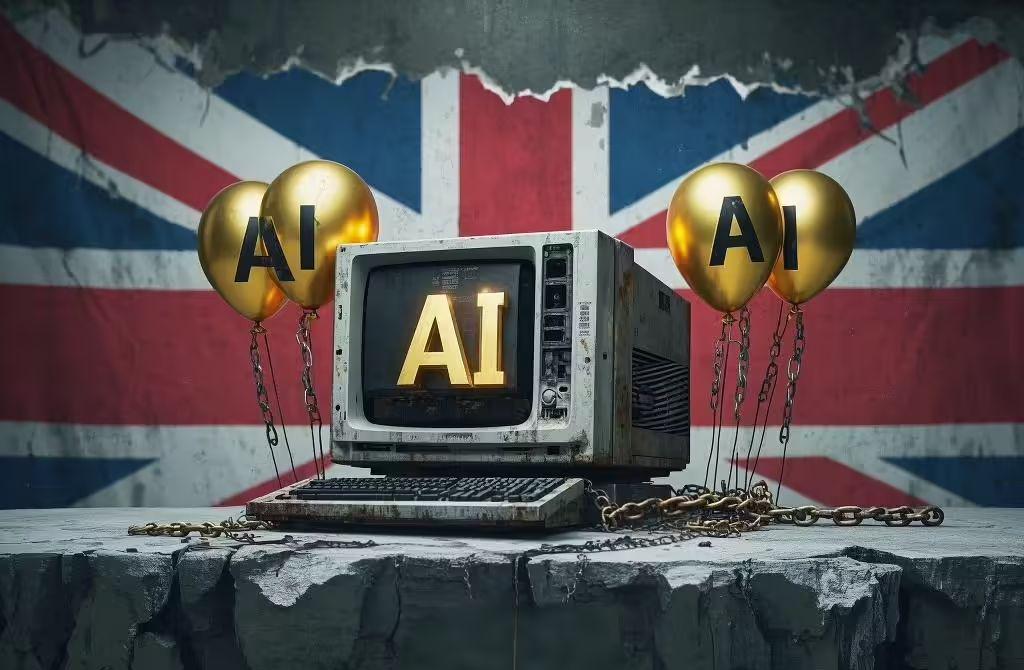According to a March 28 report by the foreign media outlet TechRadar, theU.K.The public finance watchdog released a report stating that AI rollout faces multiple obstacles, including outdatedLegacy IT systems, poor data quality and limited data sharing.

This report is the result of the UK government's"Full rollout AI"Planpart of a program that hopes to bring AI technology to a wide range of industries by attracting 14 billion pounds (note: current exchange rate is about 131,641 million yuan) of private investment.
The Public Accounts Committee estimates that UK central governmentApproximately 28% of IT systems have reached "end-of-life" status, meaning they cannot be updated, lack vendor support, or are no longer cost-effective.
The UK Department of Science and Technology (DSIT) hasPrioritize these aging systemsThe reason for this is not only to drive AI adoption, but also toPotentially serious cybersecurity hazards.
However, the DSIT warns that solutions will not be found overnight, that hardware upgrades will take time and money, and that the government itself recognizes that "there is still a need to strengthen its grip on the problem". Of the 72 "red-rated" legacy systems categorized as being at the highest risk.21 have yet to receive funding for rehabilitationThe challenges remain daunting.
Sir Geoffrey Clifton-Brown, chair of the Public Accounts Committee, said: 'The government wants to make AI a central driver in the functioning of the state, but our report questions whether public sectorReadiness to embrace this change. "
He further noted, "AI is one of the most important technological advances of our time, and the government's desire to capitalize on its full potential is certainly commendable. However, anyone familiar with our committee's past oversight work is well aware that government inefficiencies in digitization have long been entrenched, so I fear that any promises of rapid change will be nothing more than empty rhetoric."